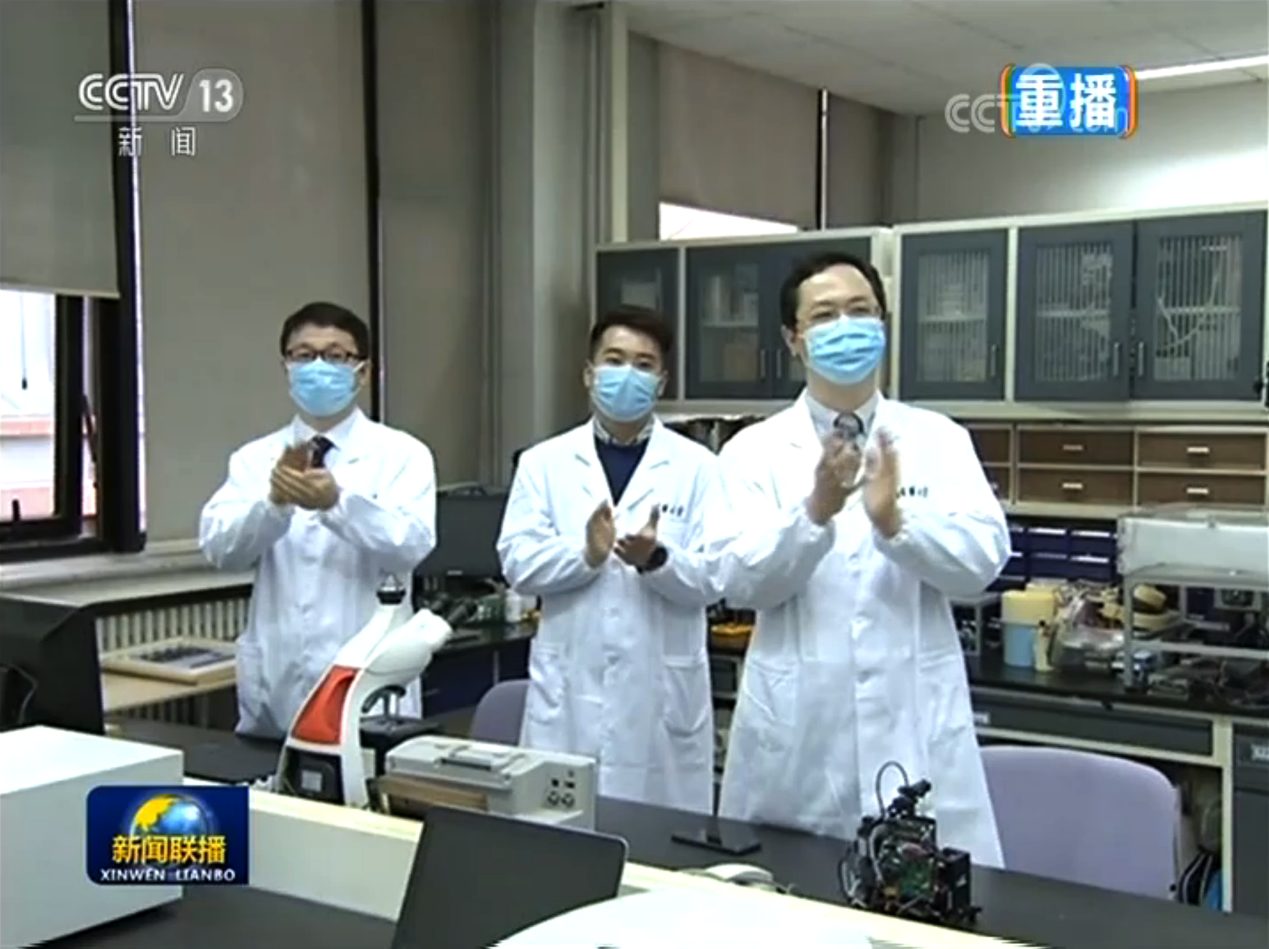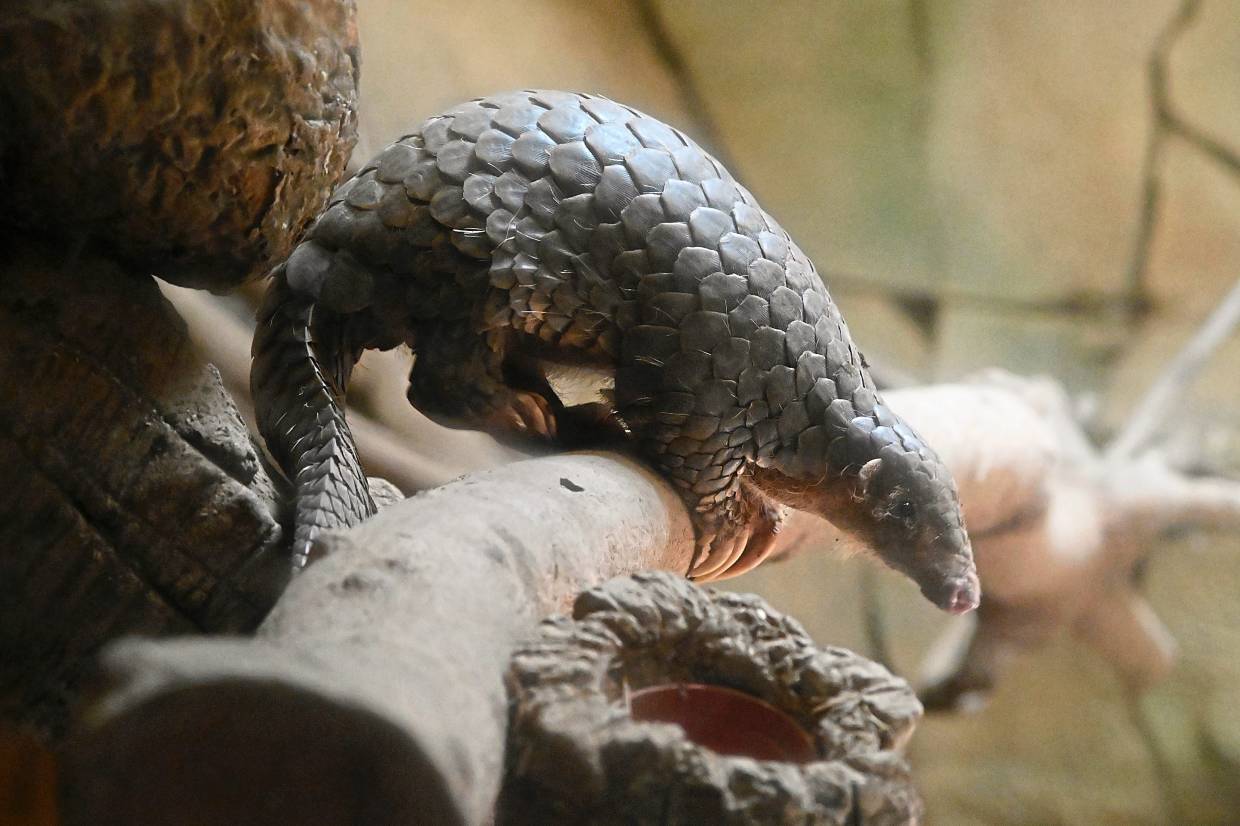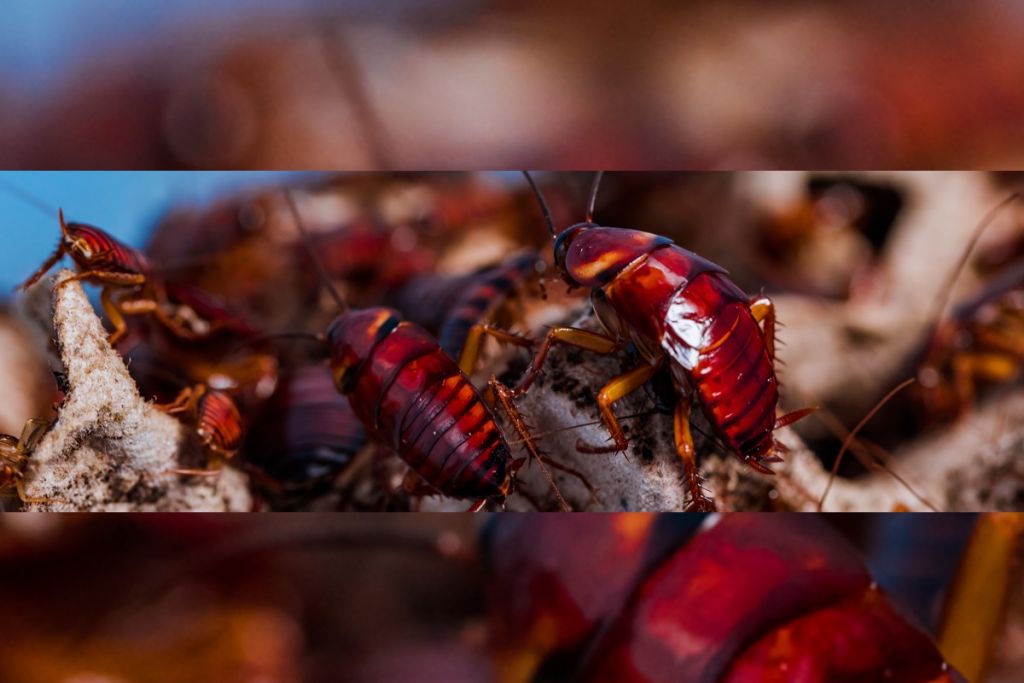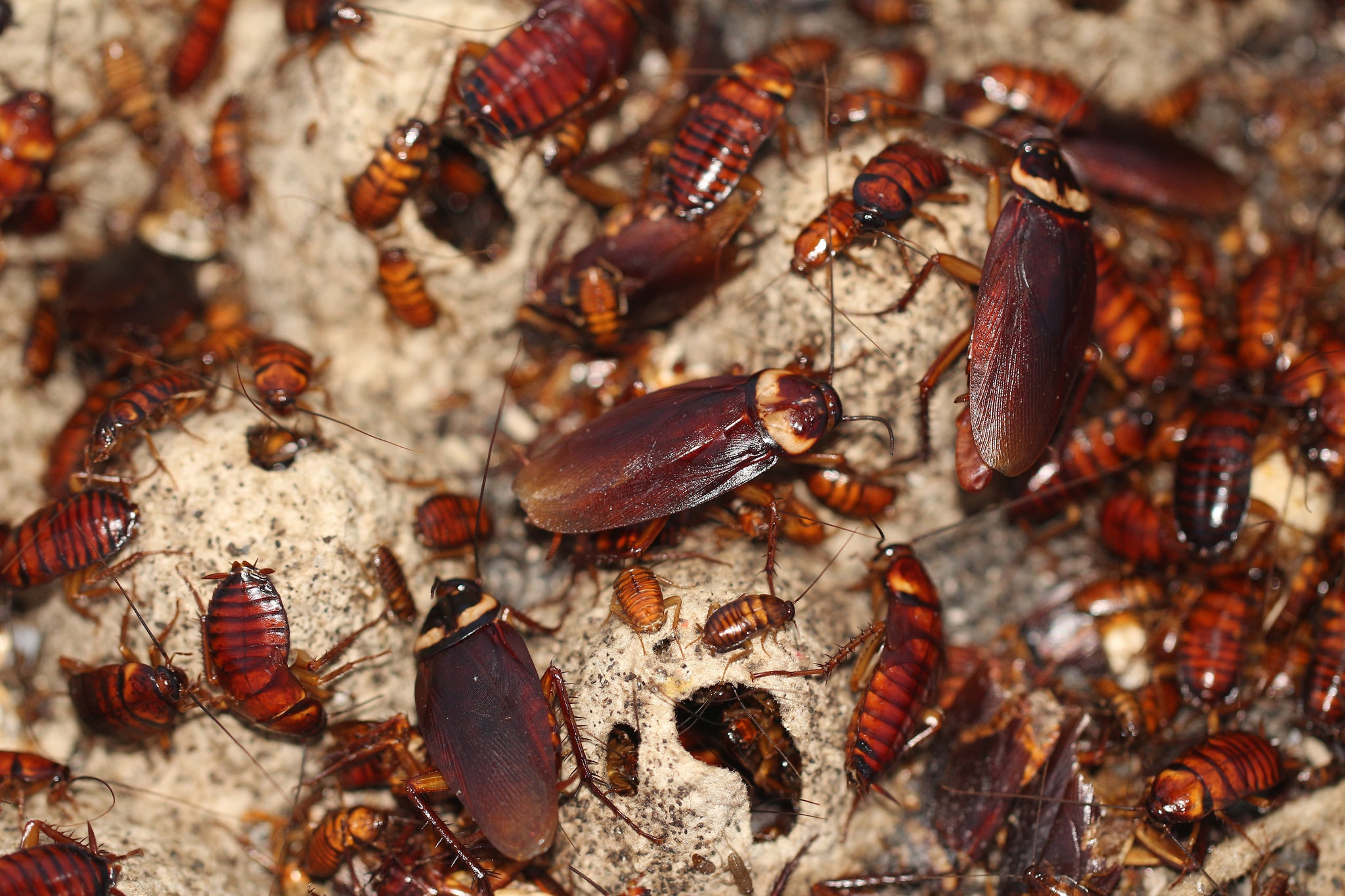
Likes
Sex pheromones are vital in facilitating the chemical communication that underpins insect courtship and mating behavior. Among female American cockroaches (Periplaneta americana), two key volatile sex pheromone components, periplanone-A (PA) and periplanone-B (PB), are predominantly released. Previous studies have indicated that PB is the primary component, but the precise interplay between PA and PB, alongside their regulatory mechanisms in male courtship and mating behavior has remained ambiguous.
Recently, a team led by Professor Sheng Li from the Institute of Insect Science and Technology, School of Life Sciences, South China Normal University, unveiled groundbreaking findings in their research paper titled "Two sex pheromone receptors for sexual communication in the American cockroach", published online in the journal Science China Life Sciences. Their study focused on the American cockroach and revealed the olfactory molecular mechanism by which the two female sex pheromone components (PB and PA) jointly regulate male courtship and mating behavior through two olfactory receptors (OR53 and OR100).
The study reports a two-pheromone-two-receptor pathway underlying sexual communication in the American cockroach. It confirms that the two volatile sex pheromones from female cockroaches, periplanone-A (PA) and periplanone-B (PB), have distinct functions. PB acts as the primary sex attractant, while PA counteracts PB attraction. Through a combination of behavior assays, electrophysiology, sex- and age-specific transcriptomics, Drosophila genetics, and RNAi knockdown experiments, the team identify OR53 as the receptor for PA/PB and OR100 as the receptor for PA, respectively. Furthermore, the findings reveal that OR53 and OR100 are expressed in two different types of sensilla located in the antennae of male cockroaches.
"Crucially, the study uncovers that the male-biased and age-dependent expression of OR53 and OR100 is regulated by the sex differentiation pathway and nutritional-responsive signals, respectively, to fine tune sexual behaviors exclusively in sexually mature males" Li says.
This significant advancement contributes to the development of environmentally friendly cockroach control technologies and comprehensive pest management strategies.
Source: https://www.eurekalert.org/news-releases/1040279
What to read next:










